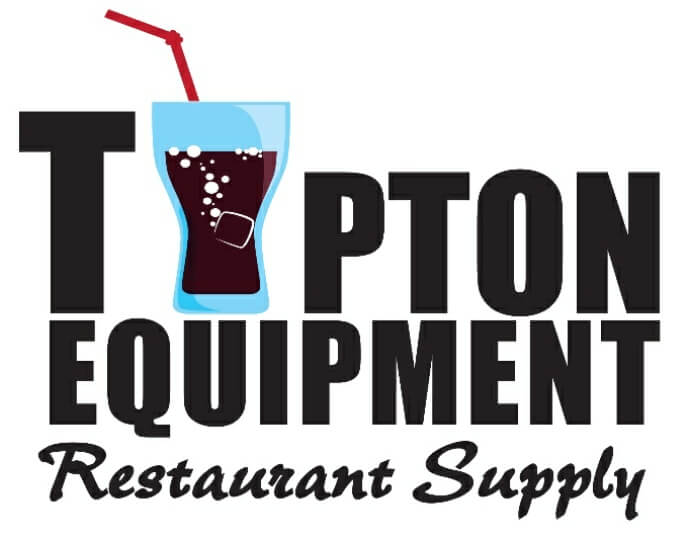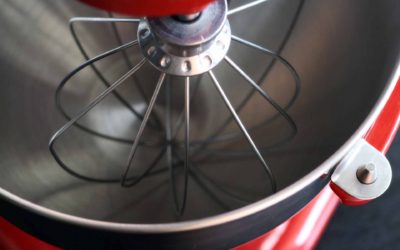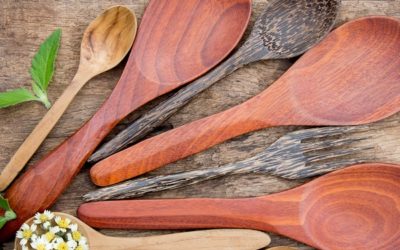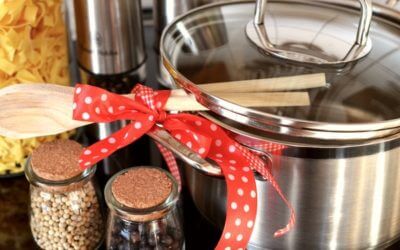Kitchen Equipment Spotlight: How to Maintain a Commercial Freezer
January 21, 2019Your commercial freezer can be a lifeline for your restaurant. Safe food storage is vital, and a high-quality freezer is essential kitchen equipment.
However, a freezer is only as good as the maintenance that goes into it. Without proper care, your freezer will become inefficient, fail to hold the right temperature, or perhaps break entirely.
Whether you’ve chosen an excellent quality used freezer or a new unit, here’s what you need to know to keep it running well for years.
Keep the Freezer Organized
Organization is not a nuts-and-bolts tip, but it’s just as important as any physical maintenance.
If you don’t have an organized freezer, you’re probably wasting energy. Unused corners and uneven packing makes your freezer’s coils and motor work far too hard.
Also, if you don’t have a good system for bringing out frozen food in a timely manner, you could end up with food waste, mold, and other problems. Without great organization, there’s no way to know what should be brought out next.
Of course, as a freezer is used throughout the night and through the week, it will quickly get disorganized and cluttered. Make sure you include cleaning up and resetting the freezer in your closing protocol so that this important kitchen equipment is ready for the next day.
Clean the Freezer Regularly
You should clean the shelves, walls, and floor daily or weekly. All spills need to be cleaned right away, and it’s important not to use harsh chemicals. Chemicals can damage the metal or seals of the freezer, causing it to fail and need repairs much sooner.
Every six months the coils of your freezer should be cleaned. This is not usually difficult. You simply need an employee to clean them with soapy water and a bristle brush.
This will help your freezer maintain the right temperature over time. It also this kitchen equipment last longer.
Check for Leaks and Cracks Regularly
Having a freezer technician come in and inspect the unit every six months can give you a lot of peace of mind.
Here are some things to do at least twice a year:
- Check lines for condensation
- Clean fan blades and check motor
- Check insulation integrity
- Look for air leaks in cracks, holes, and seals
- Ensure electrical connections are secure
- Clear drain lines
- Calibrate thermometers
- Check ice filters and clean all ice maker components
You can afford to have this kitchen equipment break down. Taking preventative steps now will save you a ton of time, money, and headaches later!
Upgrade Your Kitchen Equipment If Needed
Even with the very best maintenance, no freezer will last forever. Eventually, it will need to be replaced. You might also find that you need additional kitchen equipment if you’re expanding or remodeling your kitchen.
If you want some quotes on the equipment you need or help with layout and arrangements, we are here to help. Tipton Equipment has been serving Little Rock restaurants for many years. Contact us for more information today!
5 Essential Buying Tips for Your Next Food Prep Work Table
The right foodservice equipment is pivotal to the efficiency of your kitchen. One of the most important types of foodservice equipment for any kitchen is the work table. With limited room on countertops available for your food prep needs, the cooking process can drag...
Tips for Keeping Your Commercial Sink Sparkling Clean
Your commercial kitchen, just like your personal kitchen, must be kept clean at all times. With all of the cooking and food processing you do, it is inevitable that your sink gets messy. Cleaning up your commercial kitchen is incomplete without proper cleaning of your...
Food-Cutting Secrets to Beautiful Dishes
In the restaurant industry, presentation is often said to be just as important as the food itself. Using the right knowledge, skills and restaurant supplies, you can incorporate creativity into your presentation, making guests feel that they are getting something...
Top Space-Saving Tips for Commercial Kitchens
Top Space-Saving Tips for Commercial Kitchens Space is always an important consideration when setting up a kitchen, and this is even truer for commercial kitchens. With a strong focus on functionality and the kitchen supplies that meet the needs of your commercial...
5 Ways to Get the Most Out of Your Mixer
No one wants to eat off of dirty or tarnished silverware. A stand mixer is a highly useful piece of kitchen equipment to invest in. Although this type of kitchen equipment does not usually come cheap, it can last a lifetime when properly cared for. Despite all your...
Restaurant Prep Tool Selection Simplified
What’s a restaurant kitchen without high-quality prep tools that can withstand the pressure of frequent use? Whether you already have a restaurant you’re running, or you’re just planning to launch one, one vital factor that could make or mar your business is how you...
Beginner’s Guide to Choosing a Commercial Ice Cream Freezer
Ice cream is a delicious and appealing desert treat for everyone, young or old. Having made the decision to sell ice cream to your customers, whether you have a restaurant, convenience store, or specialty ice cream parlor, it is time to begin stocking up on the right...
How to Choose the Right Kitchen Scales for Your Restaurant
A food scale is an essential item in every restaurant’s store of kitchen supplies. Designed to take the guesswork out of food measurement and maintain consistent food serving sizes, food scales are indispensable kitchen supplies in the commercial kitchen. With such a...
Beer Chilling Systems: Which Type Is Right for My Restaurant?
A refrigeration unit is integral to the functioning of any restaurant. Beers are best served cold - there’s no questioning that! But which beer chilling system is the best? From reach-in coolers to glycol chillers, a beer chilling system is an important piece of...
What Equipment Will I Need to run a Food Truck?
There’s a lot of planning that goes into starting your own food truck business. Before you hit the road with your delicious food offerings, you’ll need to fill up your truck with all the right foodservice equipment. Considering the lengthy list of possible items to be...
8 Types of Food Thermometers: What You Need To Know
Food thermometers are essential restaurant supplies for your commercial kitchen. They ensure that foods prepared in your commercial kitchen are cooked to the right temperature and held at that temperature for as long as necessary to kill any harmful bacteria. This...
How to Identify the Best Food Processor for Your Needs
Highly versatile and extremely efficient, food processors are designed to take away the hard work from repetitive kitchen activities. This type of cooking equipment can quickly become an invaluable tool in your kitchen. From chopping, to shredding, grinding, mincing,...
6 Keys to Choosing the Best Chafing Dishes for Your Restaurant
The chafing dish, also known as the chafer, is an essential piece of restaurant equipment for any establishment that wants to keep food hot. This type of restaurant equipment gets its name from the French word, chauffer, which means to heat, and it’s easy to see why....
Turning up the Dial on Commercial Fryers: How to Choose One for Your Restaurant
Fried food is a well-loved favorite. This is a fact. It also makes a fryer an important piece of equipment to have in your commercial kitchen. Just consider how many appetizers and sides require frying: onion rings, French fries, and fried green tomatoes are just a...
What’s in a Cooking Pot, How to Choose the Right One?
As a restaurant owner, your cooking needs might vary. Did you know that a good quality pot can greatly improve your cooking experience, while also improving the quality of your cooking? This cooking equipment is a very important one that cannot be done away with...















